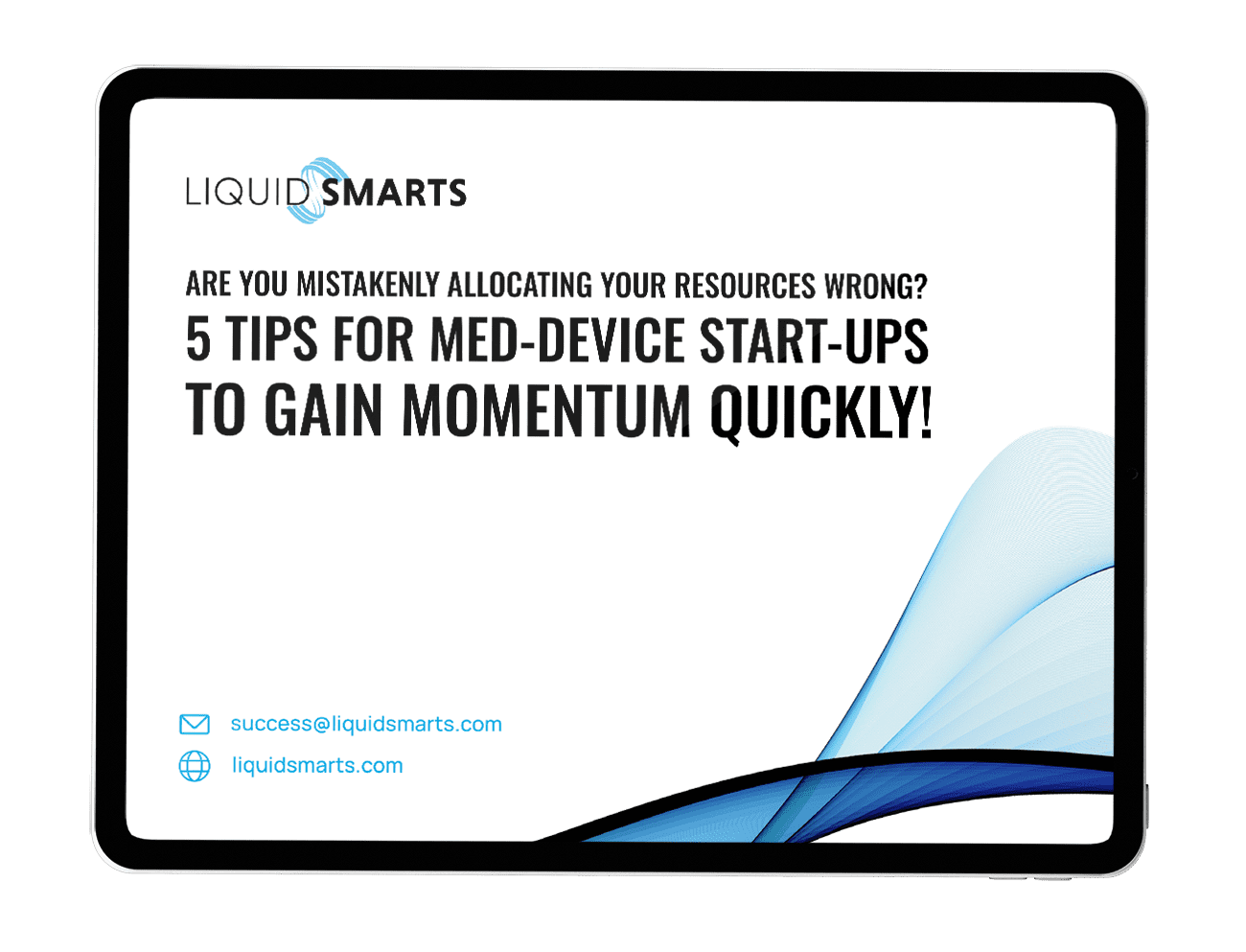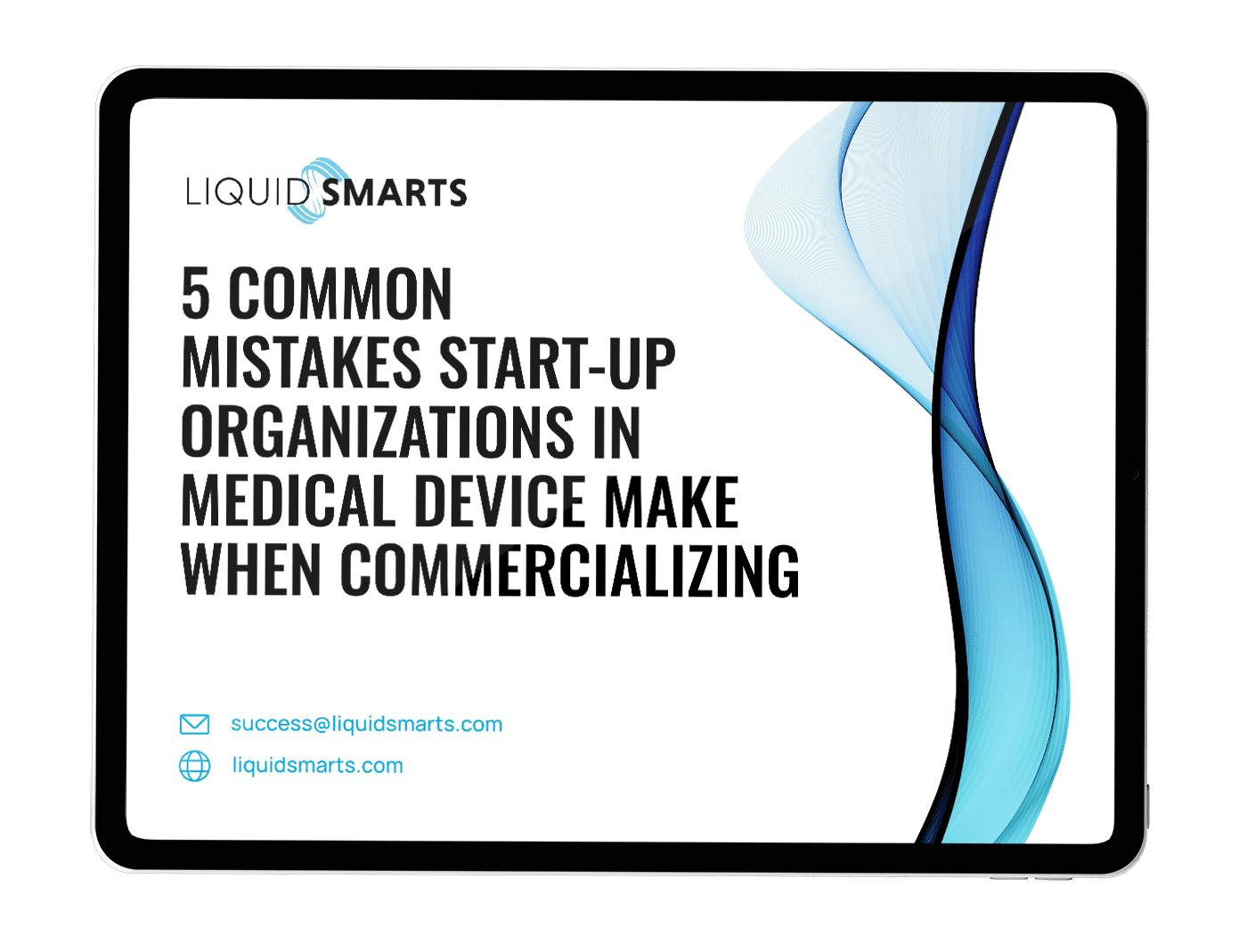The economic landscape has changed considerably over the past year, and now more than ever, healthcare supply chains need to be agile and adaptive.
As new technologies emerge, supply chain managers must stay ahead of trends to remain competitive. From big data analytics to 3D printing capabilities, there’s never been a better time for those in healthcare sales and operations management roles to think strategically about their approach.
Let’s explore key innovations that have revolutionized healthcare supply chains in recent years and upcoming trends that can help keep your organization on top of its game.
Understanding the Healthcare Supply Chain System
The healthcare supply chain is a complex and intricate system encompassing the flow of goods, information, and financial transactions across various stakeholders. It involves procuring, storing, and distributing medical supplies, pharmaceuticals, equipment, and other healthcare-related products. The supply chain in healthcare plays a crucial role in ensuring the availability of essential resources to healthcare providers, enabling them to deliver quality patient care.
Traditionally, healthcare supply chains have operated on thin margins, with limited investment in infrastructure and technology. However, the recent disruptions caused by the pandemic have highlighted the need for a more resilient and agile supply chain. Healthcare organizations now realize the importance of diversifying their supply sources and investing in digital solutions to enhance supply chain management.
The Impact of the COVID-19 Pandemic on Healthcare Supply Chains
The COVID-19 pandemic has created unprecedented challenges for healthcare supply chains worldwide. The surge in demand for medical supplies, personal protective equipment (PPE), and ventilators has put immense strain on the global supply chain. Shortages of critical items have forced healthcare providers to find alternative solutions and adapt to rapidly changing circumstances.
The pandemic has also revealed the fragility and vulnerabilities of healthcare supply chains. Factors such as raw material shortages, manufacturing disruptions, and logistical challenges have contributed to supply chain disruptions. The closure of pharmaceutical companies and the financial difficulties suppliers face have further exacerbated the situation.
Innovations in Healthcare Supply Chain Management
Innovative solutions are emerging to address these challenges and improve the resilience of healthcare supply chains. Digitalization and technological advancements are playing a significant role in transforming the healthcare supply chain landscape. Let’s explore critical innovations and trends shaping healthcare supply chains’ future.
1. Digital Supply Chain Solutions
The digital transformation of healthcare supply chains offers numerous benefits, including improved efficiency, transparency, and visibility. Healthcare organizations can streamline processes, optimize inventory management, and enhance supply chain visibility by leveraging digital solutions. Digital supply chain solutions enable real-time inventory tracking and monitoring, improving the accuracy of demand forecasting and inventory management. Advanced analytics and predictive modeling can help healthcare providers anticipate supply chain disruptions and proactively address potential issues. This ensures the availability of critical supplies, minimizes waste, and reduces costs.
2. Artificial Intelligence (AI) and Machine Learning
AI and machine learning technologies have the potential to revolutionize healthcare supply chain management. These technologies can analyze vast amounts of data, identify patterns, and make predictions to optimize supply chain operations. AI-powered demand forecasting models can help healthcare organizations better anticipate patient needs and adjust their inventory levels accordingly. Machine learning algorithms can analyze historical data to identify trends and patterns, enabling more accurate demand forecasting and inventory optimization. This, in turn, reduces the risk of stockouts and overstocking, leading to cost savings and improved patient care.
3. Blockchain Technology
Blockchain technology is gaining traction in healthcare supply chain management because it provides transparency, traceability, and security. Blockchain can create an immutable and decentralized ledger that records every transaction and movement of goods within the supply chain. By using blockchain, healthcare organizations can track and verify the authenticity of medical products, ensuring the integrity of the supply chain. This technology can also enhance supply chain visibility, enabling stakeholders to trace the origin and movement of products, which is particularly crucial in the case of counterfeit drugs and medical devices.
4. Robotics and Automation
Robotic process automation (RPA) and robotic-assisted technologies are increasingly adopted in healthcare supply chains to streamline operations and improve efficiency. Robots can perform repetitive tasks such as sorting, picking, packing, and inventory management, reducing the risk of human error and increasing productivity. Automated systems can also improve supply chain traceability by capturing and analyzing real-time data. This enables healthcare organizations to have better control over their inventory, track expiration dates, and ensure product quality and safety.
Emerging Trends in Healthcare Supply Chain Management
In addition to the critical innovations mentioned above, several emerging trends reshape healthcare supply chain management. These trends reflect the changing needs and expectations of healthcare organizations and patients. Let’s delve into some of these trends:
1. Value-Based Supply Chain Management
Healthcare organizations are shifting their focus from cost-efficiency to value-based supply chain management. This approach emphasizes delivering high-quality care while controlling costs and optimizing patient outcomes. Value-based supply chain management aims to align supply chain activities with patient needs and clinical outcomes, ensuring the right product is delivered to the right patient at the right time.
2. Collaboration and Partnerships
Collaboration and partnerships among healthcare organizations, manufacturers, suppliers, and distributors are increasingly important in building resilient and efficient supply chains. By working together, stakeholders can collectively share expertise, resources, and best practices to address supply chain challenges. Collaborative initiatives like group purchasing organizations (GPOs) allow healthcare providers to leverage collective purchasing power, negotiate better pricing, and streamline procurement processes.
3. Data-driven Decision Making
Data analytics and business intelligence tools empower healthcare organizations to make informed decisions and optimize supply chain operations. By collecting and analyzing data from various sources, including electronic health records, inventory systems, and external databases, healthcare providers can gain valuable insights into patient demand, supply chain performance, and potential bottlenecks. Data-driven decision-making enables healthcare organizations to identify areas for improvement, optimize inventory levels, and enhance supply chain efficiency. It also supports proactive risk management by allowing early detection of potential disruptions and deviations from expected outcomes.
4. Sustainability and Ethical Sourcing
As environmental concerns and ethical considerations gain prominence, healthcare organizations emphasize sustainability and ethical sourcing in their supply chain practices. This includes reducing waste, minimizing carbon footprint, and ensuring the ethical sourcing of raw materials and products. Many healthcare organizations are adopting environmentally friendly packaging, implementing recycling programs, and exploring renewable energy sources to reduce their environmental impact. Ethical sourcing involves working with suppliers who adhere to fair labor practices, comply with regulations, and prioritize social responsibility.
The future of healthcare supply chains lies in innovation, digitalization, and collaboration. The challenges highlighted by the COVID-19 pandemic have accelerated the adoption of new technologies and strategies to enhance supply chain resilience and efficiency. Healthcare organizations are embracing digital solutions, such as AI, blockchain, and robotics, to optimize inventory management, improve demand forecasting, and ensure the availability of critical supplies. Emerging trends, such as value-based supply chain management, data-driven decision-making, and sustainability, are reshaping the healthcare supply chain landscape.
By embracing these innovations and trends, healthcare organizations can build more resilient and agile supply chains that can adapt to future disruptions and meet the evolving needs of patients. The future of healthcare supply chains is bright, with technology-driven solutions paving the way for improved patient care, cost savings, and operational efficiency. As healthcare evolves in response to societal and technological changes, the importance of an efficient, resilient, and innovative supply chain will only grow. Embracing these changes now will position healthcare organizations for success in the future, ultimately leading to better patient outcomes and a more sustainable healthcare system overall.







